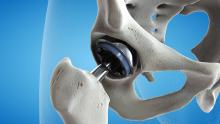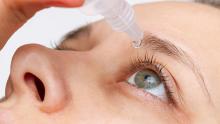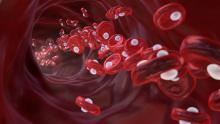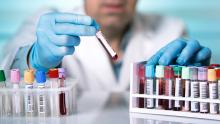Researchers discover that viruses attack in sync to spread infection

It was assumed that viruses spread as independent particles called virions. The EU-funded Vis-a-Vis project used social evolution concepts to study viral transmission, showing how viral particles compete and collaborate with one another. An improved understanding of virus-virus interactions paves the way for a new generation of treatments.









